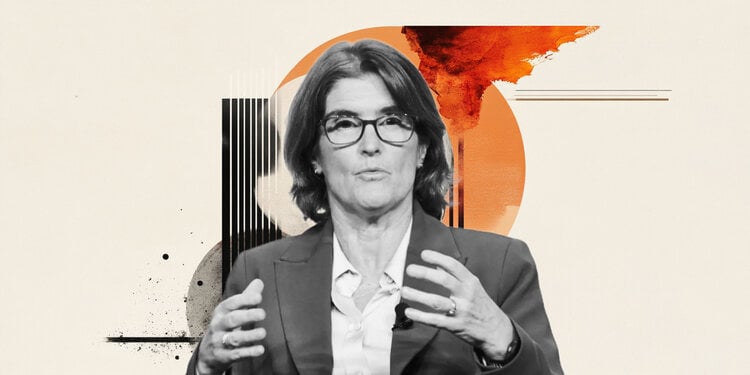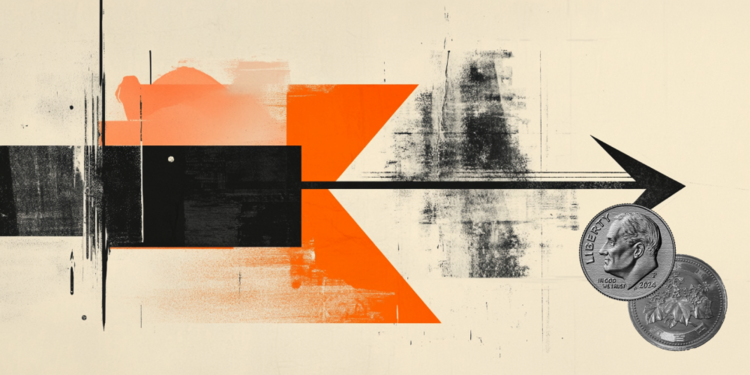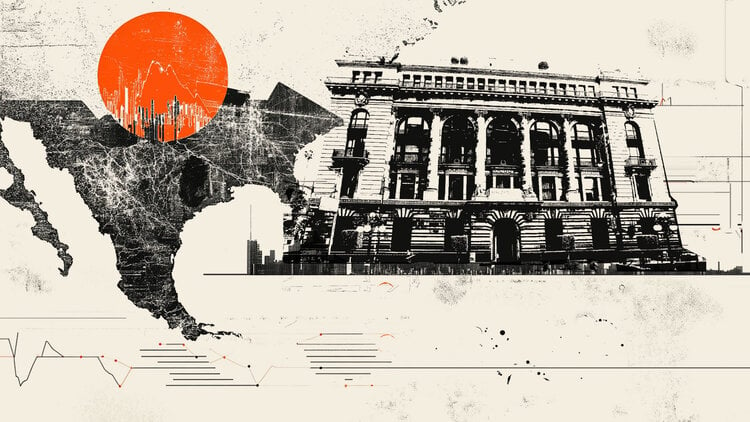The Politico in his new article he refers to the ways in which the Vladimir Putin she is about to face her sanctions Europe for war with Ukrainestressing that the Russian president will follow the well-known “Russian winter” strategy.
In the article entitled “Europe’s last summer before the arrival of the Russian winter“, the politico.eu reports that Putin, after threatening to cut off natural gas, is also putting the reduction in food and fertilizers on the “table”.
In fact, the publication states that the Russian sanctions will not work immediately, but over time, while through third countries and mainly immigration flows, it is said that it wants to hit the old continent for the sanctions that have been imposed on Moscow.
Energy as a weapon
As Politico reports, as a huge exporter of food, fertilizer, oil and natural gas, Russia influences the European economy. This will become more pronounced when the temperatures drop. Already, 12 EU countries have experienced a complete or partial cut-off of Russian gas. And this week, Russia shut down the Nord Stream 1 pipeline which supplies gas to Germany, as well as France, Italy and Austria, throwing Europe’s efforts to stockpile up for the winter into a tailspin.
Robert Habeck, Germany’s economy minister, warned this month of a “political nightmare” that would threaten social cohesion if natural gas supplies are so scarce that they have to be distributed by the government. And on Sunday, French Economy Minister Bruno Le Maire said he believed a “total cutoff of Russian gas” was “the most likely option.”


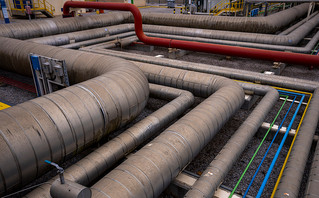
Those who find themselves hardest hit to pay their energy bills will inevitably be the ‘most vulnerable’ but many middle-class Europeans could also be pushed into energy poverty for the first time.
The risk of Putin completely cutting off natural gas to the EU is “very likely,” according to Alexander Gabuev, senior fellow at the Carnegie think tank. “Putin’s hope is that there will be more political protests and then the unity around support for Ukraine will dissolve.”
Putin’s “hunger” plan
On the food front, prices rose sharply after Russia blocked Ukraine, a major supplier of grain and sunflower oil. And the worst could be yet to come if the price of fertilizers, linked to the cost of natural gas, remains high in the coming seasons.
The world prices of agricultural products have increased by 30% since the invasion of Russia, with food and non-alcoholic beverage price inflation hovering at 10 percent in May, according to an EU market report cited by Politico. Higher fertilizer costs mean that farmers around the world will use them sparingly and therefore produce lower amounts, potentially escalating a crisis into a supply emergency.


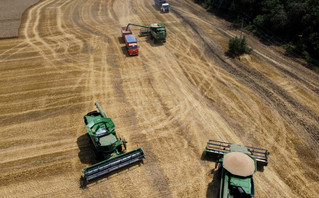
However, as a net food exporter, Europe is better insulated from poorer countries in Africa and the Middle East, where governments are more dependent on Russian and Ukrainian imports of staples such as wheat, and consumers spend a much larger proportion of their wages to stay fed.
“For sure I wouldn’t predict a famine in Europe, but surely prices could rise even moresaid John Baffes, senior economist at the World Bank.
Worst case scenario
The worst-case scenario, according to Politico, from a European perspective is if the food crisis triggers a new wave of mass migration, putting further pressure on political systems. Analysts, including the head of the World Food Programme, David Beasley, have drawn parallels between now and the bread price riots that preceded the 2011 Arab Spring.
“Putin’s famine plan aims to create refugees from North Africa and the Middle East, areas normally fed by Ukraine,” Yale historian Timothy Snyder wrote earlier this month. “This would destabilize the EU.”
Perennial crisis
However, the Russian push could not come at a worse time for the continent. Europe is still reeling from the effects of the pandemic. After two years of turmoil, the recovery, to the extent it existed, has stalled due to supply chain disruptions and concerns about the effects of the war. Another dampening effect is expected from the European Central Bank, which is preparing to raise interest rates next week, the first increase in more than a decade, to fight euro zone inflation.


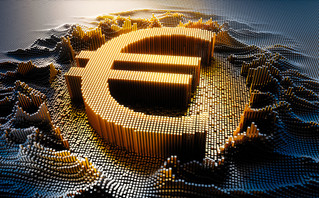
For many Europeans, cutting consumption will not be an option as rising prices force them to choose between food and heating their homes. In Belgium, utility bills rose among the fastest in the EU, by 65.5%, compared to May 2021.
This means that few will go through the coming months and years without making some sort of lifestyle change. If Putin’s attack is tolerated, Europeans will probably have to learn to travel less, eat more frugally and wear an extra sweater, Politico concludes.
Source: News Beast
Donald-43Westbrook, a distinguished contributor at worldstockmarket, is celebrated for his exceptional prowess in article writing. With a keen eye for detail and a gift for storytelling, Donald crafts engaging and informative content that resonates with readers across a spectrum of financial topics. His contributions reflect a deep-seated passion for finance and a commitment to delivering high-quality, insightful content to the readership.

